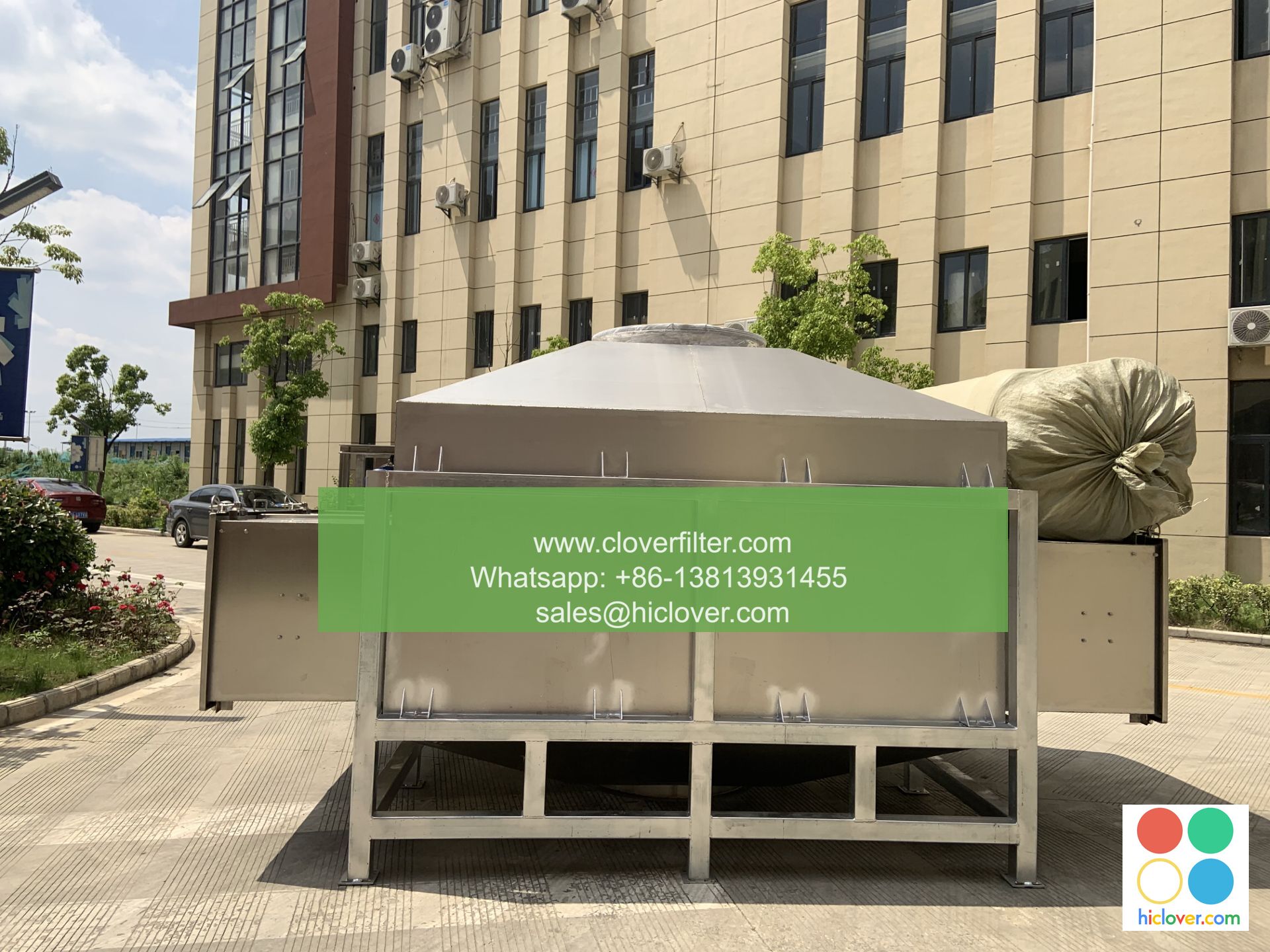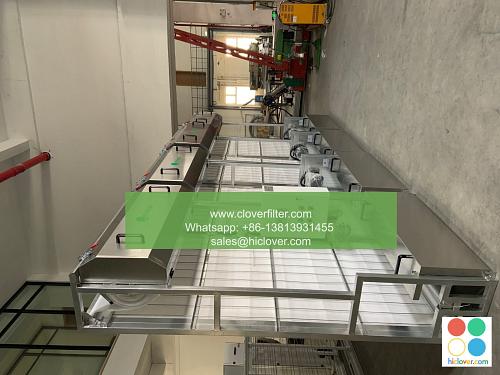APIs for Air Filter Maintenance: Streamlining Filter Replacement and Monitoring

The increasing awareness of indoor air quality has led to a growing demand for efficient air filter maintenance solutions. Application Programming Interfaces (APIs) have emerged as a key technology in streamlining filter replacement and monitoring, enabling building managers, HVAC professionals, and homeowners to ensure optimal air quality. In this article, we will explore the role of APIs in air filter maintenance, highlighting various application areas, including Indoor Air Quality (IAQ) monitoring, Predictive Maintenance (PdM), and Internet of Things (IoT) integration.
Introduction to Air Filter Maintenance APIs
APIs for air filter maintenance provide a platform for developers to create applications that interact with air filter systems, enabling real-time monitoring, automated notifications, and data-driven decision-making. These APIs can be integrated with various systems, including Building Automation Systems (BAS), Heating, Ventilation, and Air Conditioning (HVAC) systems, and IoT devices. By leveraging APIs, users can optimize filter replacement schedules, reduce energy consumption, and improve indoor air quality.
Key Application Areas for Air Filter Maintenance APIs
Several application areas benefit from the implementation of air filter maintenance APIs, including:
* Commercial Buildings: APIs can be used to monitor and control air filter systems in large commercial buildings, ensuring compliance with indoor air quality regulations and reducing energy costs.
* Industrial Facilities: In industrial settings, APIs can be integrated with Predictive Maintenance (PdM) systems to predict when air filters need to be replaced, reducing downtime and increasing overall equipment effectiveness.
* Residential Buildings: Homeowners can use APIs to monitor and control air filter systems, receiving notifications when filters need to be replaced and optimizing their indoor air quality.
* Healthcare Facilities: In healthcare settings, APIs can be used to ensure optimal air quality, reducing the risk of airborne infections and improving patient outcomes.
Benefits of Air Filter Maintenance APIs
The implementation of air filter maintenance APIs offers several benefits, including:
* Improved Indoor Air Quality: APIs enable real-time monitoring of air quality, ensuring that filters are replaced on time and reducing the risk of airborne contaminants.
* Increased Energy Efficiency: By optimizing filter replacement schedules, APIs can help reduce energy consumption and lower utility costs.
* Extended Filter Life: APIs can be used to monitor filter condition and predict when replacement is necessary, extending the life of air filters and reducing waste.
* Enhanced Customer Experience: APIs can be used to provide users with real-time information on air quality, enabling them to make informed decisions about their indoor environment.
Future Directions for Air Filter Maintenance APIs
As the demand for air filter maintenance solutions continues to grow, APIs will play an increasingly important role in streamlining filter replacement and monitoring. Future directions for air filter maintenance APIs include:
* Integration with Artificial Intelligence (AI) and Machine Learning (ML) algorithms: APIs can be used to integrate with AI and ML algorithms, enabling predictive maintenance and automated decision-making.
* Expansion into new application areas: APIs can be applied to new areas, such as transportation systems and industrial processes, to improve air quality and reduce energy consumption.
* Development of new API standards: The development of new API standards will enable greater interoperability between systems, facilitating the creation of more complex and integrated air filter maintenance solutions.
In conclusion, APIs for air filter maintenance have emerged as a key technology in streamlining filter replacement and monitoring. By highlighting various application areas, including Indoor Air Quality (IAQ) monitoring, Predictive Maintenance (PdM), and Internet of Things (IoT) integration, we can see the potential for APIs to improve indoor air quality, increase energy efficiency, and enhance customer experience. As the demand for air filter maintenance solutions continues to grow, APIs will play an increasingly important role in shaping the future of indoor air quality management. You haven’t asked a question or provided any context. Please provide more information or ask a question so I can assist you.

